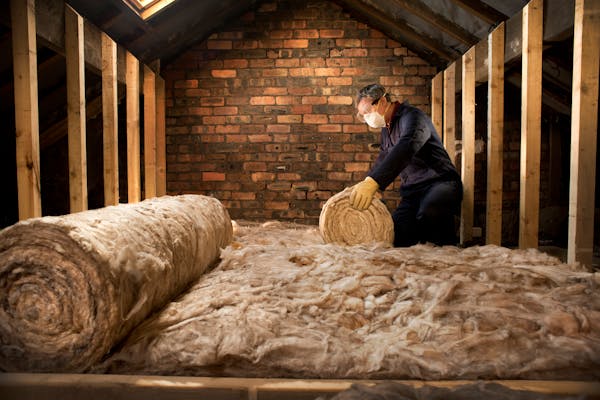In the emotional debate over American gun laws, the positions of the extremes are clear.
The most strident gun-control advocates see no need for average citizens to want, need or own a firearm, while gun-rights activists believe there should be few if any restrictions on ownership, types of guns or ammunition.
There should be no debate from either side on one point: Too many people use guns for the wrong reasons.
That's where the focus of gun laws ought to be. What effective steps should be taken to keep firearms out of the hands of those who should never have access in the first place?
An ongoing Star Tribune series, "Young and Armed," underscores that point. Reporters Maya Rao and Matt McKinney focused the first story on two Minneapolis teens, one now in jail for shooting and killing the other. The second story followed the trail of a single gun from its legal purchase in Mankato to its use in several Twin Cities-area crimes.
Rao and McKinney found that for many teenagers, getting a gun is shockingly simple. It's like finding a joint to get high: Everyone knows marijuana is illegal, but most people can get it if they want to. Some 13- and 14-year-olds get guns from older friends or relatives, then pass them around or steal them from one another. In some gang-plagued neighborhoods where gunshots are common, illegal sellers approach kids on the street with guns for sale.
The stories document where teens get their guns — and why they get them. Some say they need to protect themselves from peers with weapons. One said he was tired of "being jumped'' and needed to fight back. Others talked about the sense of power and importance that comes with packing a pistol. And some admit that a conflict that could have been just a fight caused injury or death because firearms were involved.
That's a recipe for disaster: Young, often poor people who feel marginalized or fearful, combined with ready availability of pistols.
But whether it involves a gang member with a gun, a scared teenager seeking protection, an out-of-control spouse or a mentally unstable school shooter, the availability of guns can turn a relatively routine dispute into murder.
If we can trace where the guns come from, how best to interrupt or cut off the flow? Understanding that there's no single easy answer, this page has favored an assault weapon ban, ammunition magazine limits and expanded background checks.
Unfortunately, none of those measures will likely make it into either federal or Minnesota law this year. Pushback from the gun lobby has been strong and effective. They argue that such measures only penalize law-abiding gun owners and users. And in Minnesota, where the hunting culture is so strong, the debate highlights a huge urban-rural divide.
Although broad restrictions seem to be a long shot in the Minnesota Legislature, Colorado lawmakers just approved some of the strictest gun-control laws in the country. Last week, Colorado's governor signed a law banning high-capacity magazines and expanding background checks on private sales and online purchases.
Colorado took action against the backdrop of the Aurora movie theater murders and last week's shooting death of the executive director of the state's Corrections Department, who was gunned down at the front door of his home.
Minnesota is not going that far, but a bill that passed out of a House committee last week includes modest progress. The measure would extend background checks to private sales made during gun shows, restricting the so-called gun show loophole. It includes a noncontroversial provision to prevent juveniles from possessing weapons, and it would prevent certain violent felons from ever regaining the right to have a gun.
The bill is a start, but more must be done both locally and nationally to stop those who knowingly sell guns to those who cannot legally have them. The kinds of straw purchases and gun thefts that fuel the illegal gun trade and help flood some neighborhoods with guns must be stopped.
More comprehensive data-sharing and enforcement of laws already on the books also would help. Minnesota is one of only a handful of states that regularly shares information with a national database about felons and those deemed mentally incompetent. As a result, when sheriffs and police chiefs make decisions on permits they might be working with incomplete information on applicants.
Doing nothing is not an option. Maintaining the status quo only means the carnage will continue.
--------------
An editorial of the Star Tribune (Minneapolis.) Follow the editorial board on Twitter and on Facebook and on Instagram.
The 'Civility Caucus'

Sports betting push at Legislature resorts to punitive leverage


